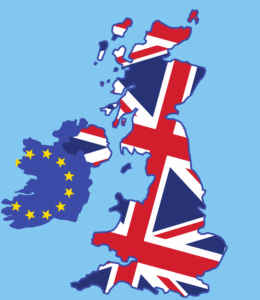Last week the EU Commission announced it launched four infringement procedures against the UK, for non-compliance with the Northern Ireland Protocol. These include:
-
- Failing to comply with the applicable customs requirements, supervision requirements and risk controls on the movement of goods from Northern Ireland to Great Britain
- Failing to notify the transposition of EU legislation laying down general EU rules on excise duties
The UK has two months to reply, e.g., initiate joint discussions on how to restore implementation of the Protocol.
If the UK does not offer an adequate reply, the EU Commission will take further action. This includes taking the UK to the Court of Justice of the European Union. Per Art. 12(4) of the Northern Ireland Protocol, the Court of Justice has full powers under the Treaties, and could impose a lump sum or penalty payment against the UK.
The link to the EU Commission’s Infringement statement is: HERE
The link to further FAQs related to the NI Protocol and reason for infringements is: HERE
Background
The United Kingdom is made up of four countries: England, Scotland and Wales (collectively ‘Great Britain’) and Northern Ireland.
Great Britain currently accepts CE Marking, but once the transition period ends, devices must be UKCA marked to continue to be placed onto Great Britain. Northern Ireland requires CE Marking and does not, and will not, recognize UKCA marking.
The reason for this?
During Brexit negotiations, the UK and EU Commission developed the ‘Northern Ireland (NI) Protocol’ to allow goods to freely move between Northern Ireland and Ireland (aka Republic of Ireland). This is important to protect the 1988 Good Friday (Belfast) Agreement.





